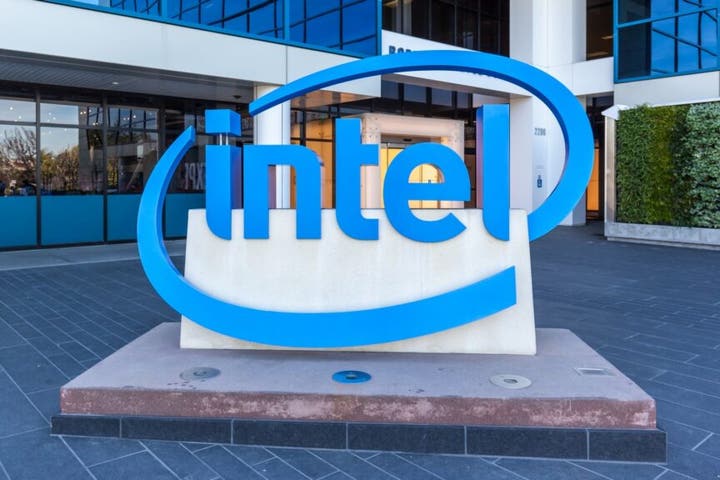
Intel Corp (NASDAQ:INTC) shares are trading lower Monday afternoon as markets react to new global trade restrictions announced by the White House. President Donald Trump imposed sweeping 25% tariffs on all goods imported from Japan and South Korea, set to begin Aug. 1.
What To Know: The broad-based duties, which come after a 90-day negotiation period expired without a resolution, add to existing tariffs and aim to correct “unsustainable trade deficits.”
In official letters, the administration noted the 25% rate was a “moderate” measure. The news sent a chill through markets, impacting multinational corporations like Intel that rely on complex global supply chains.
Adding to investor concerns, the administration is reportedly preparing to restrict shipments of advanced AI chips to Malaysia and Thailand to prevent the technology from reaching China.
As a result, the potential for new export licenses and controls on high-performance semiconductors casts a shadow over the entire industry. These dual threats of broad tariffs and specific chip curbs, combined with a looming tariff deadline with the European Union, are weighing heavily on sentiment for major U.S. chipmakers.
Benzinga Edge Rankings: According to Benzinga’s Edge stock rankings, Intel presents a profile that may appeal strongly to value-oriented investors. The stock earns a high value score of 74.75, suggesting it could be trading at a discount relative to its intrinsic worth or industry peers.
However, this strength is contrasted by significant weakness in other key areas. Intel scores poorly on Momentum at 26.55 and receives a very low mark for Growth at 19.18. A ranking for the stock’s Quality was not available. This data indicates that while Intel may represent a bargain.
INTC Price Action: According to data from Benzinga Pro, Intel shares closed Monday down 2.18% to $22. The stock has a 52-week high of $37.16 and a 52-week low of $17.66.
How To Buy INTC Stock
Besides going to a brokerage platform to purchase a share — or fractional share — of stock, you can also gain access to shares either by buying an exchange traded fund (ETF) that holds the stock itself, or by allocating yourself to a strategy in your 401(k) that would seek to acquire shares in a mutual fund or other instrument.
For example, in Intel’s case, it is in the Information Technology sector. An ETF will likely hold shares in many liquid and large companies that help track that sector, allowing an investor to gain exposure to the trends within that segment.
Read Also:
• Super Micro Shares Are Trading Lower Monday: What’s Going On?
Image: Shutterstock







